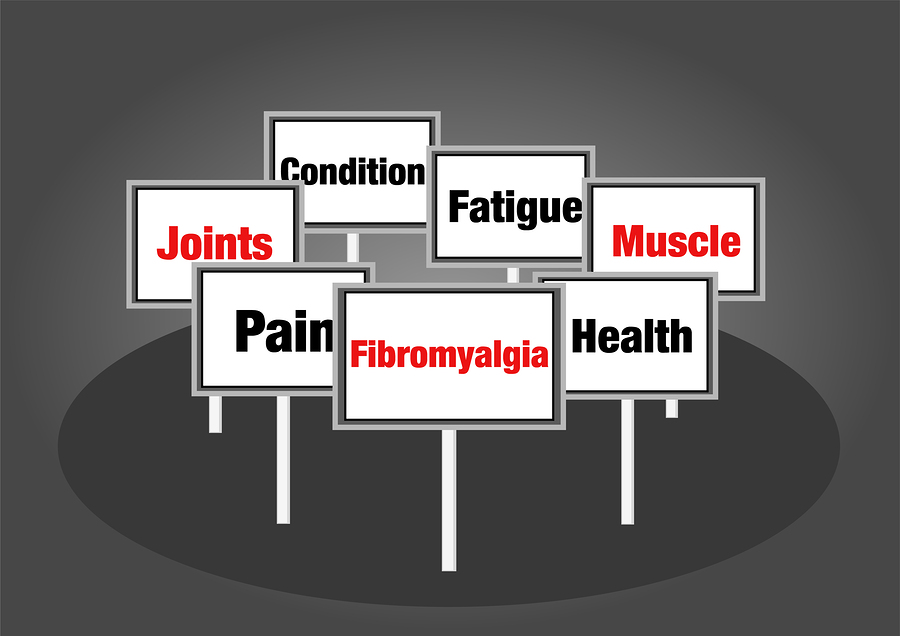The Five Signs of Aging Parents You Cannot Ignore
You know your dad is getting older, and you understand that things in his life are changing as a result. Your dad was a strong man in his youth and has always been there for you. From the time you began walking to the time he walked you down the aisle, your dad has been a constant pillar of strength for you. How do you handle the changes he’s experiencing and how do you provide assistance to this incredibly independent man while cherishing and respecting his identity as a strong and independent force?
That question can cause even the most well-meaning adult children to stop in their tracks or even retreat when confronted with aging or ailing parents. After all, you’re often dealing with the very essence of who your parents are. How can you, as an adult child, tell your dad that you sense he now needs help with his basic functions of life without taking away his strength and his identity?
Because suggesting or offering help to aging parents is often met with their fierce resistance, adult children find it easier sometimes to ignore or to adopt a “wait and see” attitude toward any changes they notice with their parents. Some issues may improve and may not indicate immediate needs. Other changes may indicate the need for more immediate intervention. The Springs at Simpsonville is sharing some changes and signs that you should never ignore.
1. Your parent no longer wants you to drop by his or her home.
If your parent no longer wants you to drop by his or her home, or if you don’t really take a look at his or her living area when you do visit, you may be in for a surprise later. Your parent may recognize that he or she is no longer able to take care of the house as usual. Or your parent may recognize the beginning stages of dementia and may want advanced notice before your visit in order to hide some of the signs of the forgetfulness from you. Your parent may want to hide his or her declining abilities from you in order to maintain control and independence as long as possible. Asking your parent about home renovation projects or simple redecorating projects they might be interested in undertaking as a team effort with you could be a non-confrontational way to discover what’s prompting this change in your parent.
2. Your parent has a sudden change in personality.
If you suddenly notice that your mom or dad is more anxious or quicker to snap at you, there is cause for concern. Anxiety or depression can cause changes in personality and can also be a symptom of other illnesses or disorders. Confusion and anger can be caused by something easily treated such as a urinary tract infection, or the confusion and anger may be signs of more complex medical issues. Don’t assume the worst, but don’t ignore this change.
3. Your parent is no longer engaging in activities or groups that used to be important to him or her.
If your parent no longer goes to church or shopping or no longer participates in family outings, but used to be extremely outgoing and involved, you may have cause for concern. Is your parent getting tired more easily? Is it more difficult for him or her to get in and out of the car? Many factors could be at play: arthritis pain that needs to be addressed or signs of chronic illnesses such as COPD or heart disease that are worsening and causing your parent to experience greater discomfort. Discovering why your parent is no longer interested in these activities may help you provide some solutions that will prevent your parent from becoming increasingly isolated and feeling depressed.
4. Your parent often repeats questions and conversations or has other problems with communication.
Some forgetfulness is normal. Remember, first, that if your parent is at home without a schedule of activities that differentiate the days of the week for him or her, losing track of the days is quite normal. If your parent reminisces about the past, that’s also quite normal. If you notice that your parent seems to repeat the same questions over and over, however, or if your parent has a drastic lapse in judgment, you may have cause for concern. It’s natural as well for everyone to forget a word now and then, but if you find your parent consistently struggling to find the right words for the right objects or ideas, your parent could be suffering from the onset of dementia or from other illnesses, and you’ll want to seek help.
5. Your parent wants to make sudden and drastic changes regarding financial resources or healthcare resources.
Your parent tells you that he or she wants to close a bank account that’s been active for years. Or your parent suddenly tells you that he wants a caregiver to be added to his or her will or to be designated a proxy decision-maker in the event of an emergency. Your parent mentions changing his or her will to include a charity you’ve never heard him or her mention before. Large amounts of money are coming out of your parent’s bank account for no obvious reason. These are all signs that your parent may have fallen prey to a fraudulent scam or to an unscrupulous caregiver. Discuss with your parent the reasons for the changes to ensure that he or she understands clearly the effect of any changes made.
Change is a normal part of any stage of life. Remind yourself of all the changes you have been through, and recognize that your parent is undergoing changes during a new stage of life for him or her. It’s uncharted territory for you both. Accept the normal changes and help your parent maintain as much independence and control over the journey as possible, but don’t ignore signs that could indicate serious changes in health conditions.
For more information about ways to begin a conversation with your parent about difficult healthcare topics and for additional information on the types of care and resources available, please see our sister community and fellow CaraVita managed property Woodland Ridge Assisted Living’s in depth resources on the subject: Understanding Care Options and Starting the Conversation. These are two great places form our sister community to kick your research off.




